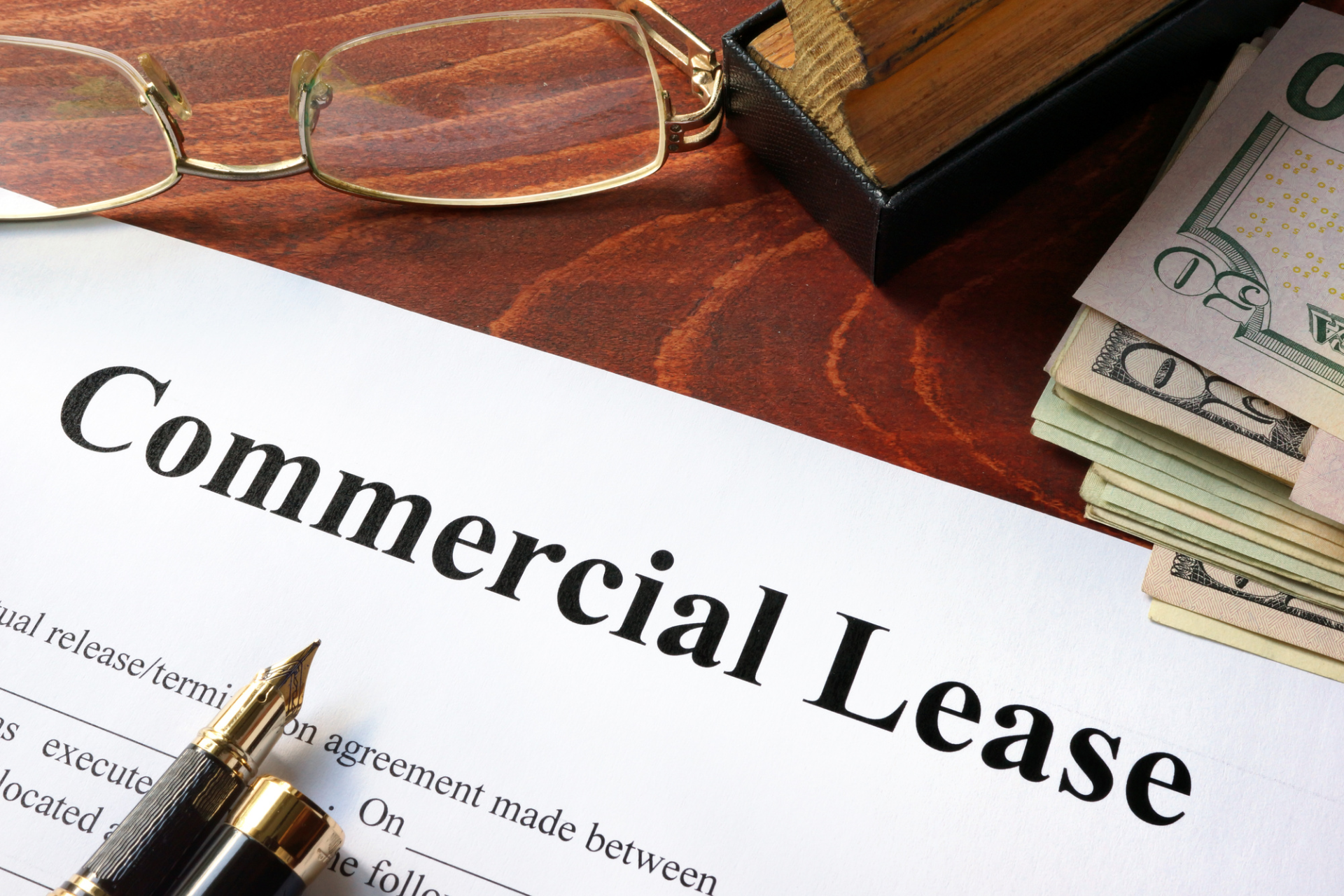Are you thinking about signing a commercial lease on a building?
Before you cross your T’s and dot your I’s, you need to work on your negotiation skills. the price of a commercial lease, just like many other things in life, can be negotiated.
But, how do you negotiate it?
Check out this guide to discover how to negotiate a commercial lease.
1. Hire a Lawyer
Negotiating a commercial lease will be a lot easier if you have the right lawyer by your side.
A lawyer can help you negotiate as well as point out clauses in your lease that you may have never noticed. When it comes to hiring a lawyer, you want to make sure you find one that has experience with commercial leases.
While it may be tempting to hire a business lawyer or family lawyer who you’ve been working with for years, you’ll have a much better chance of negotiating a better price if you hire a lawyer who has experience in this arena.
To find the best commercial litigation attorney, we suggest asking for recommendations from friends and family members. You can also look online, just make sure to read reviews and make sure that the lawyer you hire is in good standing with the American Bar Association.
2. Figure out Your Budget and Must-Haves Ahead of Time
Before you even dive into your search for a commercial building, it’s very important that you lay out your budget, your must-haves, and your nice-to-haves.
When you have these items laid out ahead of time, you’ll be a lot less likely to budge when it comes time to sign a lease. Plus, this will prevent you from looking at buildings that are out of your price range or that don’t have the right amenities.
3. Negotiate With More Than One Place
The building owner will be a lot more likely to budge on the terms of the lease if they know that you have other buildings that you’re looking at.
Therefore, you need to make sure you’re making negotiations with more than once place. This way, you’ll have the ability to walk away from one of the negotiations, which will ultimately put you in a better position.
4. Understand the Different Leasing Options
In order to be a skilled negotiator, you also need to understand the different leasing options.
Depending on the type of lease you sign, the overall cost of your lease can vary greatly. Here are the main types of leases:
Gross Rent Lease
This type of lease involves you paying a single amount to your landlord. This amount will cover base rent plus all incidentals.
Incidentals typically include property tax, utilities, maintenance, insurance, and repairs. It also includes common area expenses like janitorial services, snow removal, grass cutting, and landscaping.
There is also a modified gross lease, in which the renter and landlord share in the cost of incidentals. How the cost of the incidentals are split up between the landlord and renter vary from lease to lease. Sometimes it’s a 50/50 split, while other times it’s split per incidental.
Net Lease
The other common type of commercial lease is a net lease. With a net lease, you pay some of the incidentals directly, which results in lower monthly rent.
In a regular net lease, you typically pay base rent plus insurance, utilities, or property taxes. Your landlord then pays for the rest of the expenses.
There’s also something called a double net lease. With this type of lease, you pay rent as well as insurance and property taxes. Additionally, there’s something called a triple net lease, in which you pay rent plus building insurance, utilities, and property taxes.
Percentage Rent Lease
Lastly, there’s something called a percentage rent lease. With this type of lease, you pay the base rent along with a percentage of your gross sales over a minimum.
This type of lease is typically used in malls as well as multi-tenant retail locations.
5. Check Area Rental Prices
If you don’t have any idea what other tenants are paying in commercial rent, it’s going to be a lot harder to negotiate your lease.
So, before you go in to sign, spend some time researching local rental prices. You can speak with a commercial realtor to get up-to-date information on rental prices in your area.
6. Never Pay the Asked Base Rent
The asked based rent is the amount that landlords ask for upfront in rent. Landlords nearly always ask for the maximum amount they think a tenant is willing to pay.
Therefore, you should never pay this amount, as landlords never really expect anyone to agree to it. When you come in with your counteroffer, you want to ask for at least 10 to 15 percent below this price.
In most negotiations, landlords and tenants end up working out an amount that’s somewhere between this.
7. Go for a Longer Lease Term
Above all else, landlords want consistent income. They’re going to be much more excited to lock in a 5-year lease with a consistent, good price than a one-year lease with a really high rental price.
So, if you see yourself staying at the commercial property for a while, try to work out a longer lease term for a better deal.
If you’re a brand new business and you’re not comfortable locking into a multi-year lease, then you may want to accept the higher-priced, short-term lease instead. Then, instead of focusing on negotiating the price, you may want to work on negotiating favorable termination as well as the subleasing clauses.
How to Negotiate a Commercial Lease: Time to Negotiate
Now that you know how to negotiate a commercial lease, it’s time to put these tips to use. Pretty soon, you’ll have a great commercial lease deal worked out.
Be sure to check back in with our website for more negotiation tips and tricks.




